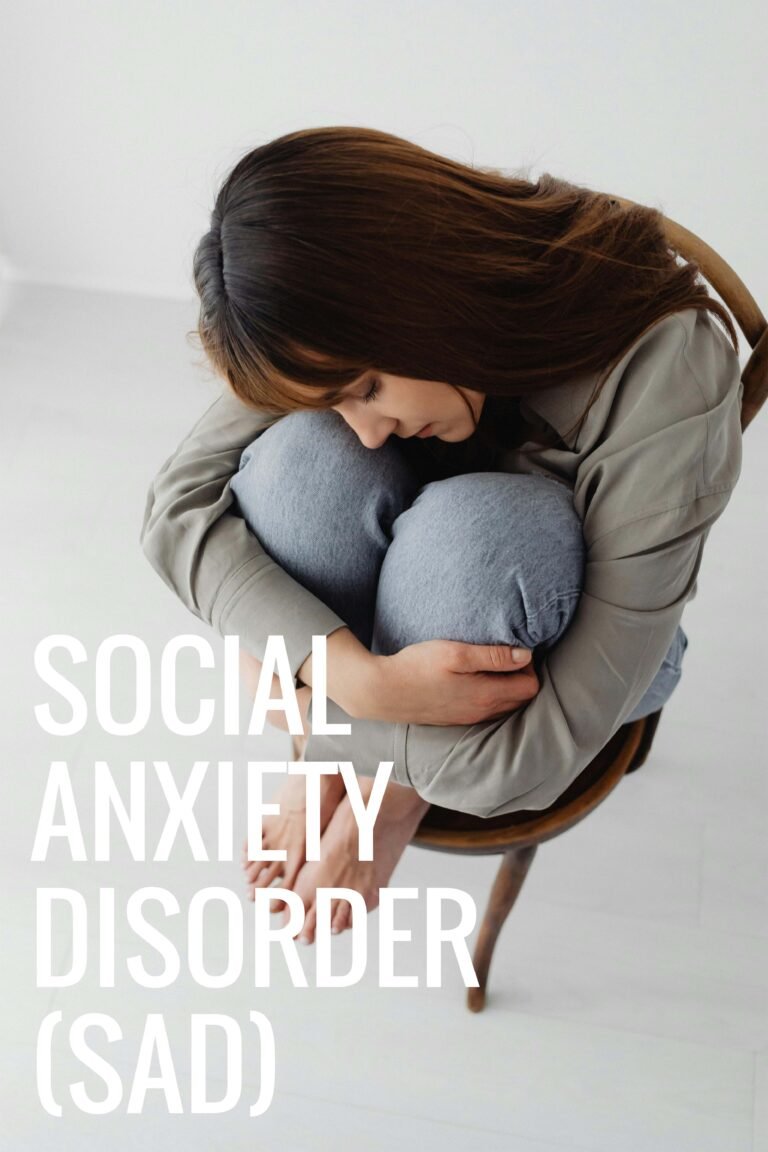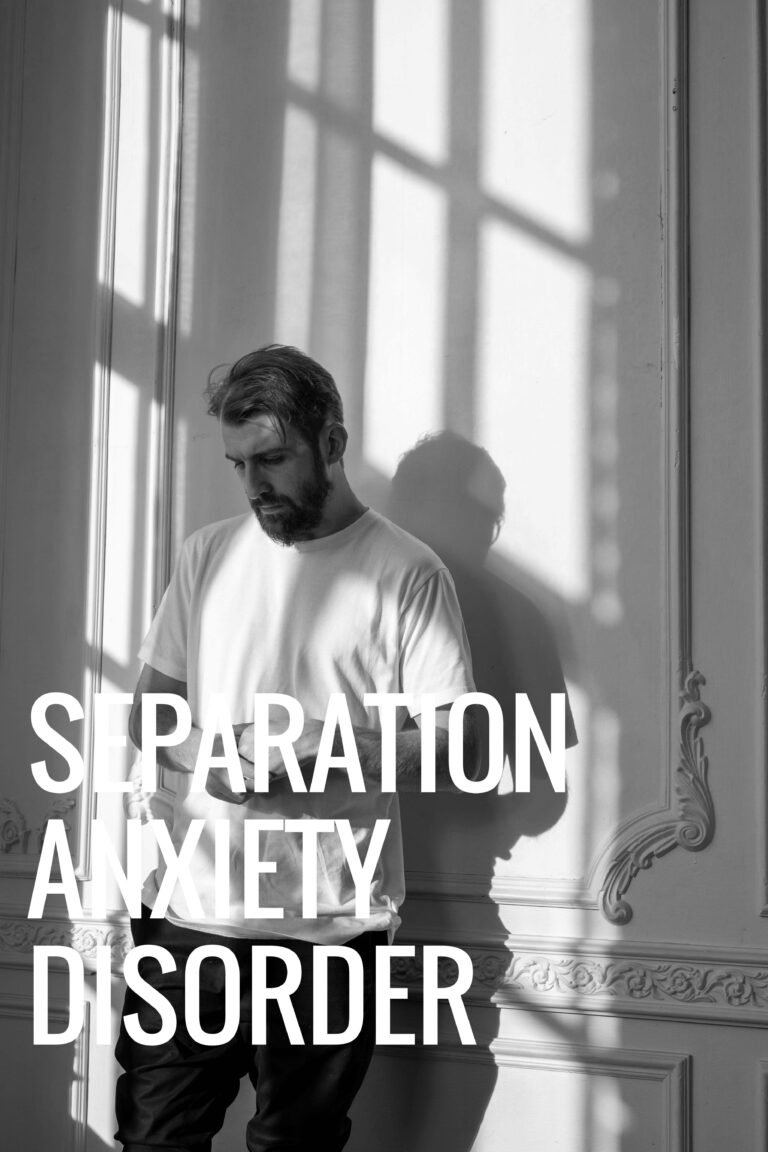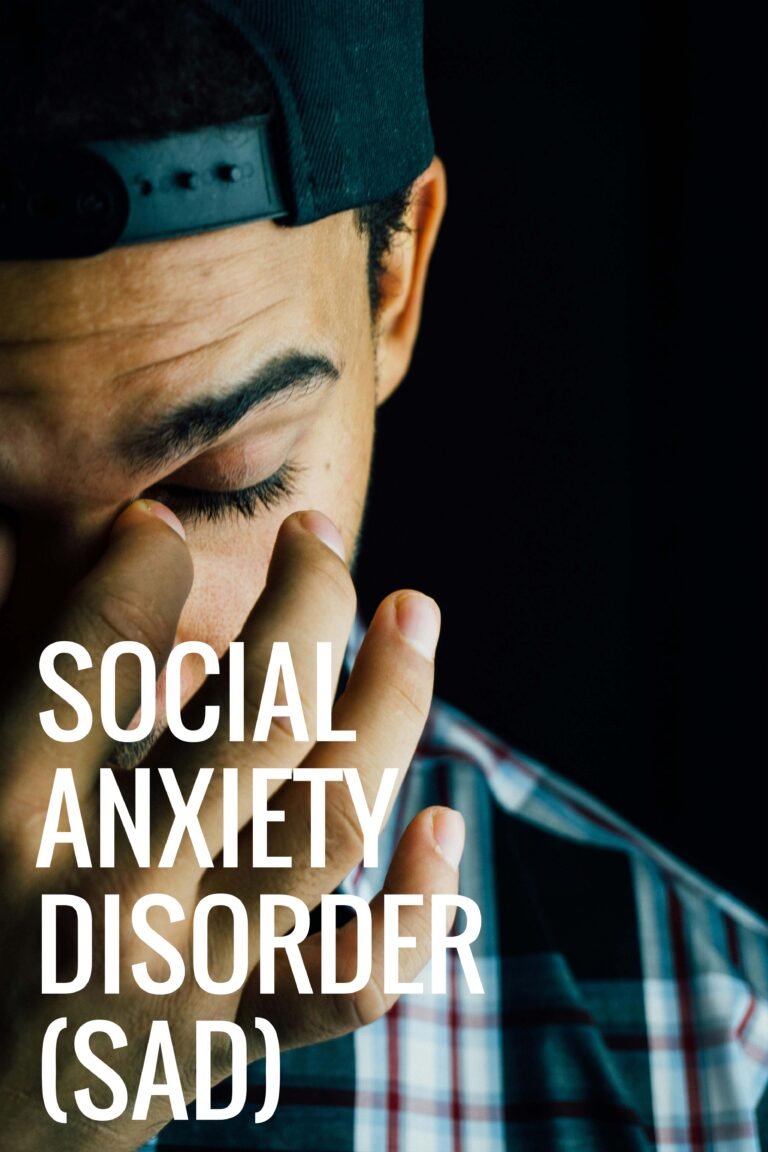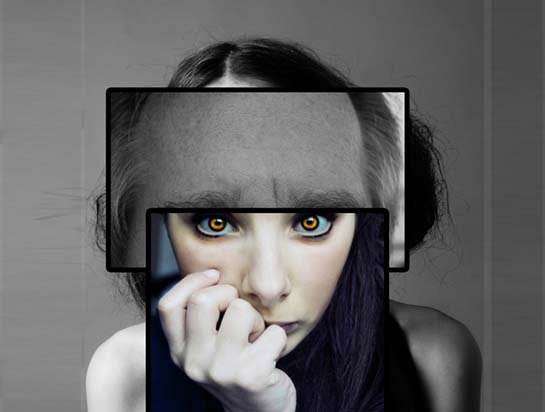What is Psychological
Disorder ?
Psychological disorders, also known as mental health disorders or psychiatric disorders, are conditions that significantly disrupt thoughts, emotions, and behaviors. These conditions can impair daily functioning, relationships, and overall quality of life. Psychological disorders are classified based on their specific symptoms and their impact on an individual’s mental and emotional well-being.
Psychological disorders encompass a wide range of conditions, each with its unique features. Here are some common categories:
Anxiety Disorders









Mood Disorders- A Closer Look
Mood disorders are a category of mental health conditions that affect a person’s emotions and overall mood. These disorders can significantly impact daily life, relationships, and overall well-being. Common types of mood disorders include major depressive disorder, bipolar disorder, and seasonal affective disorder. Symptoms of mood disorders can vary widely, but may include persistent sadness, irritability, loss of interest in activities, changes in appetite or sleep patterns, fatigue, difficulty concentrating, and thoughts of death or suicide.
If you or someone you know is experiencing symptoms of a mood disorder, seeking professional help is crucial.


Obsessive-Compulsive and Related Disorders: A Closer Look
Obsessive-Compulsive and Related Disorders (OCRDs) are a group of mental health conditions characterized by repetitive thoughts, urges, or behaviors. Obsessive-Compulsive Disorder (OCD) is a common example, involving persistent, intrusive thoughts (obsessions) that cause anxiety and distress. These obsessions often lead to repetitive behaviors (compulsions), such as excessive handwashing or checking, aimed at reducing anxiety. Other related disorders include hoarding disorder, body dysmorphic disorder, and trichotillomania (hair-pulling disorder). These conditions can significantly impact a person’s quality of life and daily functioning.
Psychotic Disorders: Understanding the Mind
Psychotic disorders are a group of mental health conditions characterized by distorted thoughts and perceptions. These disorders can significantly impair a person’s ability to think clearly, perceive reality accurately, and connect with others. Common types of psychotic disorders include schizophrenia, schizoaffective disorder, and delusional disorder. Symptoms may include hallucinations, delusions, disorganized thinking, and changes in behavior. Early diagnosis and treatment are crucial for managing psychotic disorders and improving quality of life.


Personality Disorders:
A Complex Tapestry
Personality disorders are a group of mental health conditions that affect a person’s thoughts, feelings, and behaviors. These disorders often manifest in inflexible and maladaptive patterns that can significantly impair interpersonal relationships and daily functioning. Common types of personality disorders include borderline personality disorder, narcissistic personality disorder, antisocial personality disorder, and avoidant personality 3 disorder. Individuals with personality disorders may experience difficulties with emotion regulation, impulse control, and interpersonal relationships.
Neurodevelopmental Disorders: Challenges in Development
Neurodevelopmental disorders are a group of conditions that affect brain development and functioning, often appearing in early childhood. These disorders can impact a person’s learning, communication, behavior, and social skills. Common neurodevelopmental disorders include autism spectrum disorder, attention-deficit/hyperactivity disorder (ADHD), intellectual disability, and specific learning disorders. Early diagnosis and intervention can be crucial for managing symptoms and improving quality of life for individuals with neurodevelopmental disorders.

